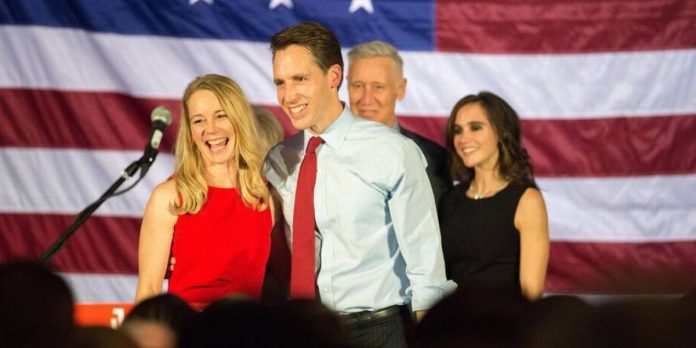Title: The Economic Realities That Challenge Presidential Campaign Promises
Introduction:
Presidential campaigns are often filled with grand promises and ambitious plans to address various issues plaguing the nation. However, the implementation of these promises often encounters significant challenges when faced with economic realities. This article explores the common hurdles that presidents face when attempting to fulfill their campaign trail promises, highlighting the importance of understanding the limitations imposed by economic factors.
1. The Cost of Promises:
Heading: Balancing Ambition with Fiscal Responsibility
One of the primary challenges presidents encounter is the financial feasibility of their promises. Campaign trail proposals may sound appealing, but they must be evaluated within the framework of the country’s budgetary constraints. Implementing costly initiatives without considering their long-term economic impact can lead to budget deficits, increased national debt, and potential economic instability.
2. Congressional Approval:
Heading: Navigating the Legislative Landscape
Even with a clear vision and determination, presidents must work with Congress to pass legislation required for their promises to become reality. The political landscape can be complex, with differing ideologies and interests among lawmakers. Negotiations and compromises are often necessary to gain support for proposed policies, making it challenging to fully implement campaign promises.
3. Economic Cycles:
Heading: The Influence of Economic Fluctuations
Presidents take office during various stages of the economic cycle, which can significantly impact their ability to fulfill campaign promises. Economic downturns, such as recessions or financial crises, often require immediate attention and resources, diverting attention from other policy priorities. Conversely, strong economic growth can provide a favorable environment for implementing reforms and achieving campaign goals.
4. Global Economic Interdependencies:
Heading: Navigating the Global Economy
In an increasingly interconnected world, presidents must consider how their promises align with global economic realities. Trade agreements, international relations, and global economic conditions can influence the feasibility of certain proposals. Economic interdependencies require careful consideration to ensure that campaign promises do not inadvertently harm the nation’s economic standing or disrupt international relationships.
5. Unforeseen Challenges:
Heading: Adapting to Unexpected Circumstances
Presidents often face unforeseen challenges that can disrupt their plans and force them to adapt their promises. Natural disasters, pandemics, or geopolitical events can demand immediate attention and resources, diverting focus from campaign priorities. Flexibility and the ability to respond effectively to unexpected circumstances are crucial for presidents to navigate these challenges while still working towards fulfilling their promises.
6. Public Opinion and Resistance:
Heading: Managing Expectations and Opposition
While campaigning, presidents often make promises that resonate with the public. However, once in office, they may encounter resistance from various stakeholders who oppose or question the feasibility of their proposals. Public opinion can shift, making it challenging to maintain support for promised policies. Presidents must effectively communicate their plans, manage expectations, and navigate opposition to ensure progress towards fulfilling their campaign promises.
Conclusion:
Heading: Striking a Balance Between Promises and Economic Realities
Presidential campaign promises are an integral part of the democratic process, reflecting the aspirations and desires of the electorate. However, transforming these promises into tangible actions faces numerous economic challenges. Balancing ambition with fiscal responsibility, navigating the legislative landscape, adapting to economic cycles and global interdependencies, responding to unforeseen challenges, and managing public opinion are all critical factors in fulfilling campaign trail promises.
Presidents must recognize the limitations imposed by economic realities while striving to achieve their goals. By understanding these challenges and finding innovative solutions, presidents can work towards a better future while ensuring the stability and prosperity of the nation. Ultimately, it is through thoughtful consideration of economic factors that presidents can transform their campaign promises into meaningful change.



